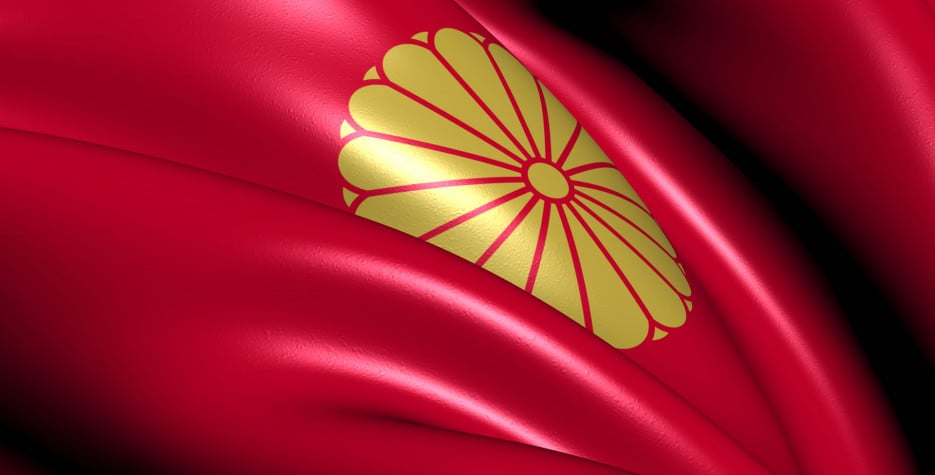When is The Emperor's Birthday?
Known as 'Tennou Tanjyobi', this holiday is celebrated on the birthday of the current emperor. Thus, if the emperor changes, the national holiday will change to the birthday of the new emperor.
Emperor Akihito's birthday was on December 23rd and this was the date of the holiday between 1989 and 2018. In April 2019, Akihito became the first living monarch to relinquish the Chrysanthemum throne in nearly 200 years.
His successor, Emperor Naruhito's birthday is on February 23rd in the current Reiwa period – a period that starts when a new Emperor ascends to the throne – is now the date of the Emperor's Birthday holiday from 2020.
The timing of the change in Emperor meant that this holiday did not take place in 2019.
History of The Emperor's Birthday
According to myth, Japan's first Emperor Jimmu, a descendant of the Sun Goddess Amaterasu, was enthroned in the year 660 BC.
While the historical dates may not be entirely accurate, it is a commonly accepted fact that emperors have reigned over Japan for more than 1500 years, and that they have all descended from the same imperial family.
Despite the fact that the effective power of the emperors was limited or purely symbolic throughout most of Japan's history, all actual rulers, from the Fujiwara and Hojo regents to the Minamoto, Ashikaga and Tokugawa shoguns respected the emperor and were keen in having the imperial legitimization for their position as rulers of Japan.
With the Meiji Restoration of 1868, the Tokugawa shogunate was overthrown, and Emperor Meiji became the head of state. Under the new Meiji constitution, the Emperor held sovereign power, and his political and military power was theoretically close to absolute. In praxis, however, the real power first laid with the oligarchic genro and later with the generals and admirals.
The Emperor’s birthday was celebrated for the first time and subsequently was instituted as a national holiday in 1886 with Emperor Meiji, who was born on November 3rd.
Before World War II, ”tenno tanjobi” was known as “tenchosetsu” (天長節), a term that had a strong relation to the political role and divine nature of the Emperor.
The postwar constitution of 1946 states that the emperor has only a symbolic function. He now mainly participates at ceremonies and diplomatic meetings but has no effective political power.
After the war, the new government had to use a more neutral term following the “downsizing” of the figure of the tennō (天皇 emperor) imposed by the American occupying army, and the more casual “Emperor’s birthday” denomination was adopted.
It also often happens that upon the death of the tennō, the day of his birthday is maintained as a holiday by simply changing its name. Emperor Meiji’s birthday has become “Bunka no Hi” (Culture Day), which is celebrated on November 3rd. Emperor Hirohito, also known as Emperor Showa, was born on April 29th. Today “Showa Day” is celebrated as a national holiday on the same day.
At the moment, December 23rd remains a normal working day.
In May 2019, Emperor Naruhito became Japan's 126th emperor. The imperial family resides in the Imperial Palace in Tokyo.
Princess Aiko, the only child of the imperial couple, is not an heir to the throne as the 1947 Imperial House Law states that only males in the paternal line can ascend the throne.
How is the Emperor's Birthday celebrated?
On the day of the emperor's birth, it is customary for the emperor, empress and the rest of the imperial family to make about three appearances on the veranda of the Chowaden hall in the East Gardens of the Imperial Palace.
The Emperor’s birthday together with New Year is the only time where general visitors are admitted within the grounds of the Imperial Palace located in Chiyoda. The Emperor would come to greet the audience gathered inside the park from a balcony once in the morning and once in the afternoon.


